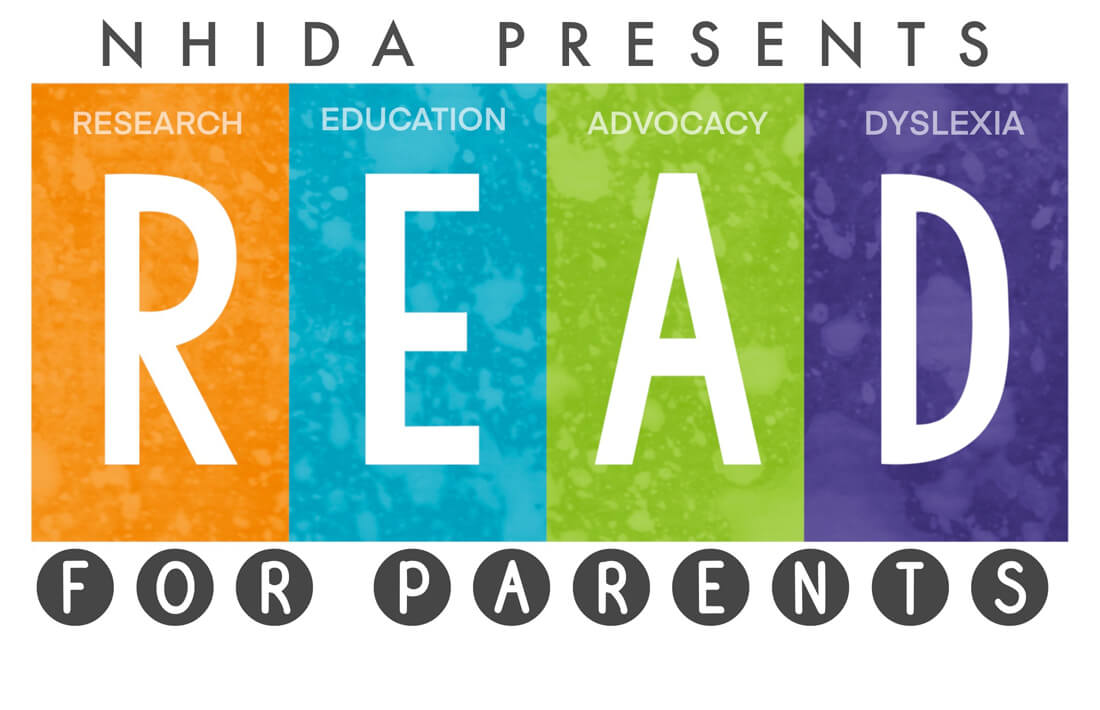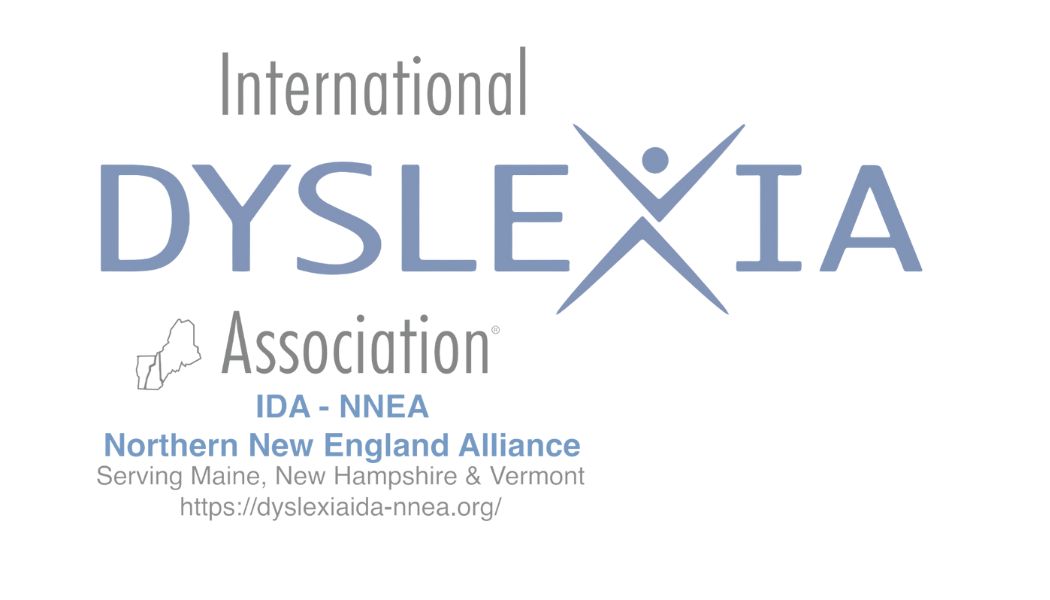Resources for Parents
Parents
“There are many little ways to enlarge your child’s world. Love of books is the best of all.”
Jacqueline Kennedy Onassis
Exploring our website will lead parents to valid resources that will enhance their own learning, as well as to identify effective instructional interventions to support dyslexic students and those with related language based learning disorders.
First and foremost, be aware that some educational professionals do not realize what they do not know and without the appropriate knowledge, training and expertise they may not have the appropriate information to offer what your child needs in the way of remediation.
That being said, some professionals have a different philosophy regarding the teaching of reading and writing and some continue to believe dyslexic students cannot be taught to read or learn to read well. This is not accurate! Parents often become confused and report that they have been told that dyslexia does not exist or that dyslexia is an old outdated term or that dyslexics see printed material in reverse. All of the aforementioned statements are myths!
Another important tip to remember is that dyslexia is specifically listed within the federal regulations under the definition for Specific Learning Disability of the Individuals with Disabilities Education Act 2004 (IDEA). Parents may also be interested in seeking an independent evaluation to confirm the identification of dyslexia and to obtain appropriate recommendations for instruction.
Our link below under “Just the Facts” offers beginning summaries that will assist you with the IDA definition of dyslexia, common characteristics and additional related information. It is important for parents to be knowledgeable about their child’s learning profile and the implications for learning to read, write, process language, and in some instances math. The information needed for parents to become an educational expert regarding their dyslexic student is available and a single piece of information and guidance will lead you to another. Those parents who have an interest in understanding and researching specific interventions, as well as learning about brain research, have access to the same information as any other professional educator.
Do you think you or your child may have dyslexia?
When Educational Promises Are Too Good to Be True
When a child struggles to read, parents and educators want to do everything possible to help that child keep up with his or her peers and be successful in school. But as much as we want that to happen overnight, that is not how it usually works. It can take years of hard work, even with the best teachers and instruction. Unfortunately, some organizations or individuals may take advantage of parents when they are most vulnerable by making exaggerated claims or false guarantees based on “pseudo science.” This fact sheet provides guidance in learning to critically evaluate programs, avoid scams, and move forward toward providing instruction that will truly help the children who need it. Read More.
General Information
- American Speech-Language-Hearing Association
- Children of the Code
- Children’s Dyslexia Centers – Maine (Tutoring Services)
- Children’s Dyslexia Centers – New Hampshire (Tutoring Services)
- Common Core State Standards
- Dyslexia Help – University of Michigan
- Dyslexia in the Classroom: What Every Teacher Needs to Know
- LD Online – Parents
- Learning Disabilities Association of America (LDA)
- Maine Department of Education
- National Dissemination Center for Children with Disabilities (NICHCY)
- National Center for Learning Disabilities
- Neuhaus Education Center
- NH Department of Education
- NH Parent Information Center
- NH Parent Information Center on Special Education
- Parenting NH Magazine
- Reading Rockets – Parents
- Vermont Department of Education
Research
Articles
- Four Definitions of Reading of NCLB
- How to Tell When “Scientifically-Based Reading Instruction” Isn’t – Whole Language High Jinks – Louisa Moats
- Parents Make the Difference – PIC Spring Summer 2013 Newsletter
- Questions Parents Can Ask About Reading Improvement
- Reading Tests: What They Measure, and Don’t Measure – Melissa Farrall
- Teaching Reading IS Rocket Science, What Expert Teachers Should Know and Be Able to Do – Louisa Moats
- Whole Language Lives on, The Illusion of “Balanced” Reading Instruction – Louisa Moats
Advocacy
- From Emotions to Advocacy
- Maine Department of Education – Special Education
- Maine Procedural Safeguards
- NH Department of Education – Special Education
- Office for Civil Rights
- NH Procedural Safeguards
- NH Rules for the Education of Children with Disabilities
- Vermont Department of Education – Special Education
- Vermont Special Education – Procedural Safeguards Notice
- Wrightslaw

We at NHIDA are happy to share a new initiative we call READ for Parents
Beginning Wednesday 10/14/2020, NHIDA will host a free, one-hour Zoom session for parents every other month that focuses on a topic from the IDA Dyslexia Fact Sheets. If you don’t know about the fact sheets, be sure to check them out; they’re current, relevant, and full of great information. In addition to our board member panelists, each session will include a guest speaker with deep knowledge of the topic.
